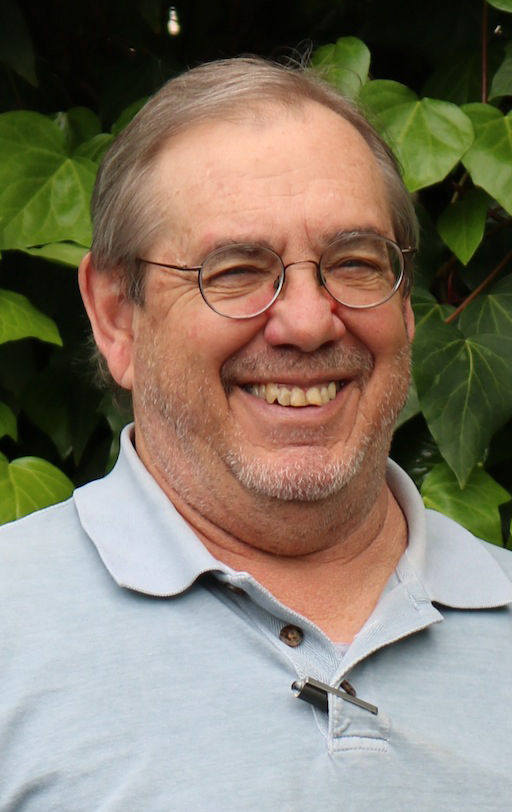If you are reading this newspaper in its original paper and ink version, then you’re on the right track. But, if you’re reading it on a phone or computer screen, then you’re already missing out on something big. Over different 24-hour periods this week, millions of people will be celebrating National Day of Unplugging. You’ll probably be surprised to know this is the 11th annual Day of Unplugging.
There are two big events in San Francisco this weekend dedicated to unplugging, and there’s a national nonprofit (Knock Knock Give a Sock) that is donating a pair of socks to a homeless person for every hour registered people stay unplugged. Unplugging sounds like fun. Let’s give it a try.
The origins of Day of Unplugging were born out of a Jewish organization, The Sabbath Manifesto. Sabbath is a “day off” from the other six days of the week. It is meant as a day “to unwind, unplug, relax, get outdoors and to connect with loved ones.”
There are worse things we could do to ourselves besides living a day unplugged without television, a phone, emails or a computer. Or are there? There are probably people we know who could not survive 24 hours being detached from their mobile screen. These are people who would literally become insane, lost, severely depressed, openly weeping, locked in a fetal position or acting out violently. But, not you, right?
We could continue to read along here and think about this National Day of Unplugging, or we could actually do it — unplug. Half of the world’s population (3.5 billion people) owns a smartphone, including 77% of all Americans of all ages. Americans check their phone an average of 52 times a day, proof that humans have grown a new techno-body part.
We’ve already been told that dependence on our smartphones is bad for our health — and especially bad for our children’s health. This habit is bad for our physical health and eyesight, and it is bad for our stress level, memory, attention span and emotions. These phones kill auto drivers and innocent pedestrians.
“Technology is both one of the most helpful and potentially troubling modern-day advances — making communication easier as a global community, but also feeding addictive behaviors that often supercede human interaction,” says David Katznelson, part of the founding organization behind National Day of Unplugging.
Tiffany Shlain is a Marin author who wrote the book, “24/6: The Power of Unplugging One Day a Week.” She practices what she preaches and has extra advice for all of us. Sit down with your family or close friends and ask everyone what they wish they had more time to do, then organize a plan and go do it, she says. She bought a wristwatch and she never looks at her phone too early in the morning.
“Let your own thoughts frame your day, not a couple of emails,” she says.
Her best advice is “to ban phones at the dinner table.”
How did we get here, in this 24/7 world where no one is allowed to be bored? Remember, your life goes by pretty fast, and it is defined by what you pay attention to. We know we are being manipulated by our smartphones and are powerless at times to resist. Author Ann LaMott says, “Almost anything will work again if you unplug it for a few minutes, including you.”
Considered the father of virtual reality, Silicon Valley guru Jaron Lanier has written “Ten Arguments for Deleting your Social Media Accounts Right Now.” He says, “We’re being hypnotized for purposes we don’t know.”
If addiction is a neurological process that controls habits and behavior, then we’re all guilty of being over-plugged lab rats.
If we really unplug, even for a day, will we still be able to order food, fetch a ride, make a bank transaction, find our friends or be happy? Maybe we should Google that to get an answer.








